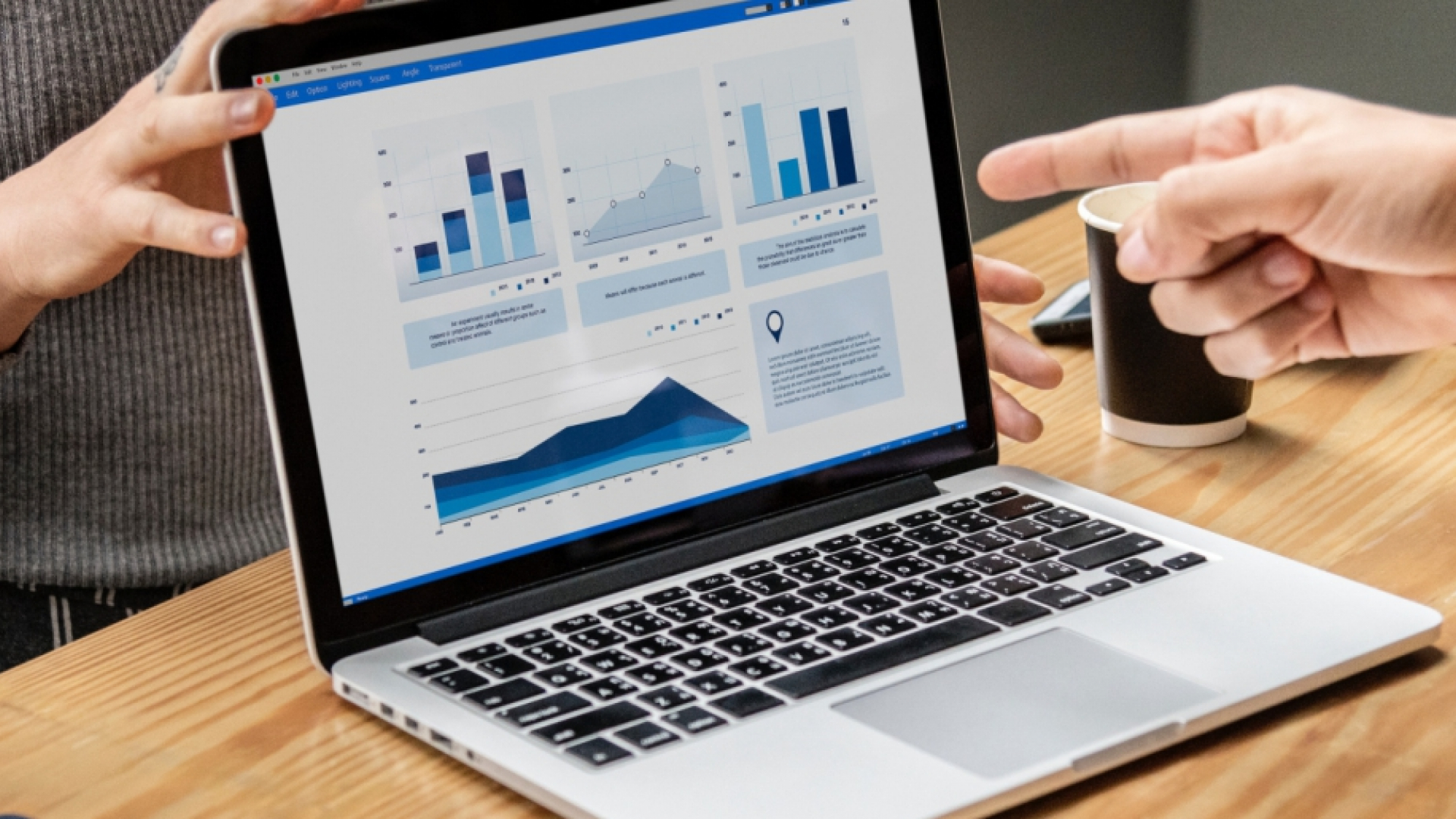
Sales for starters
Learn the basics of good selling
Why this training?
Selling is not a science, however, there are techniques and methods that often recur. This training will delve deeper into sales techniques, the sales process and the secret of the first impression.
Moreover, we convert what you have learned into a concrete roadmap for your personal evolution as a salesperson.
After this training you will be able to:
- never lose sight of the customer's interests again
- be empathetic and assertive
- Ask the right questions at the right time
- deal with resistance and complaints and still succeed in your sales
What will you learn in this course?
The preparation phase
- How does a (potential) client see you?
- The basis of your sales methodology
- Sales versus account management
- From solution selling to consultative selling
- The global conversation structure
- What is the psychological process of a customer during a conversation?
- Which objection areas are there?
- Preparing the sales pitch
- Define your main, partial and reserve objective
- Phasing of conversations into A-B-C blocks
The introduction phase
- The crucial first minutes and the power of a successful opening
- The importance of social talk
- The meeting agenda as a successful opening for the sales call
- The elevator pitch to introduce yourself and your company
- Opportunity analysis: is there business to be done
The informative phase
- PO²V²-formula as a model for needs analysis: from intrinsic to extrinsic need
- Funnel technique: tracing opportunities
- Listening, discovering and responding to the buying motives of your customer
- The difference between rational and irrational conversation management
- Expectations analysis: what proposal does your customer expect and know the purchase conditions
The argumentation phase
- How to make a proposal: offer components
- The 'sellogram' as a proven argumentation technique
- The difference between utility and quality benefits
- USPs as added value
- Training in thinking in benefit terms
- How do you visualize a product or service to support the customer?
The persuasion phase
- The K.I.S.S. principle
- The concept of "pencilsales©" as a technique of persuasion
- How do you maintain dialogue during persuasion?
- Zero-based technique for the top 5 USPs of your product or company
- How do you prepare for purchase objections?
- Rebutting objections and buying objections
The closing phase
- Close the deal: 4 doubts from customers and from ourselvesHow do you detect buying signals?
- 6 techniques for eliciting buying signals
- 2 techniques for responding to buying signals
- How do you turn an objection or resistance into a buying signal?
- The power of professional closing
- No deal: what action do you take?
Supportive communication techniques
Follow-up day after 6 months
Added value selling: application in the sales conversation
- The added value circle: the core of added value selling
- Implementation in the sales process: where and how
- Practicing with a personal case from a mini SWOT analysis
| Program categories |
|---|
